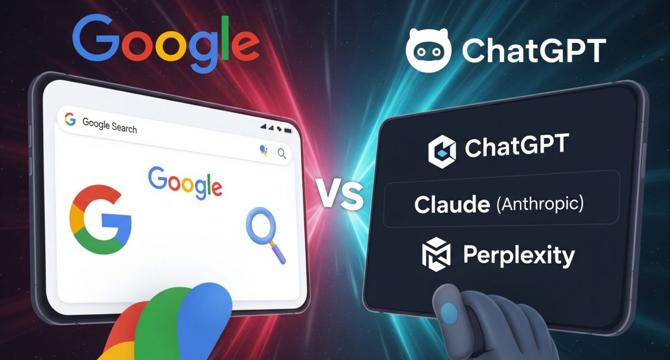VC Cafe
1M
241

Image Credit: VC Cafe
Could GEO overtake SEO as the primary driver of web traffic?
- Traditional SEO is facing challenges as consumer habits shift towards AI-driven discovery, leading to the emergence of Generative Engine Optimization (GEO) as a potential replacement.
- AI autonomous agents, including chatbots, are influencing web traffic trends, with automated traffic accounting for 51% of all internet traffic.
- While AI chatbots have seen significant growth, they are not yet replacing traditional search engines, as search engines still dominate traffic volume.
- GEO optimizes content for generative engines, improving visibility by up to 40% in AI engine responses compared to traditional SEO techniques.
- Consumer preferences are shifting towards AI tools for product recommendations, leading to a decline in traditional Google searches and visits to external websites.
- GEO focuses on intent and context rather than keywords and backlinks, ensuring accurate portrayal within personalized recommendations on AI engines.
- Despite the rise of AI-driven discovery, search engines are evolving by integrating AI features themselves, indicating a coexistence and adaptation between SEO and GEO.
- Future trends suggest that AI-driven discovery will become increasingly dominant, emphasizing the importance of adapting to AI visibility strategies.
- AI Discoverability solutions are emerging, with a focus on Generative Engine Optimization, AI advertising, and AI discoverability infrastructure to improve brand visibility in the changing search landscape.
- The answer to whether GEO will completely displace SEO remains uncertain, but the industry is undergoing a significant shift towards AI-driven discovery, necessitating adaptation and co-evolution of SEO and GEO strategies.
Read Full Article
14 Likes
For uninterrupted reading, download the app